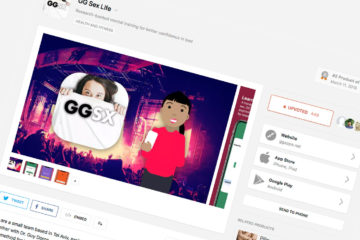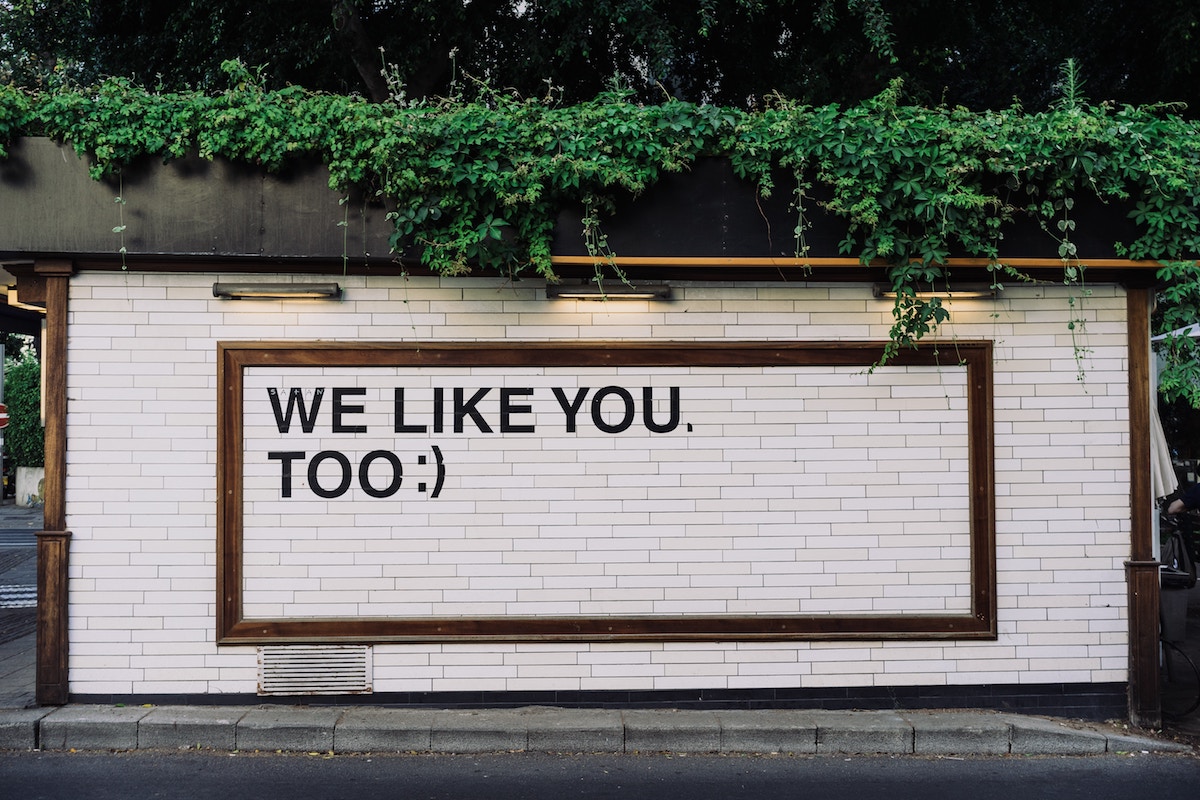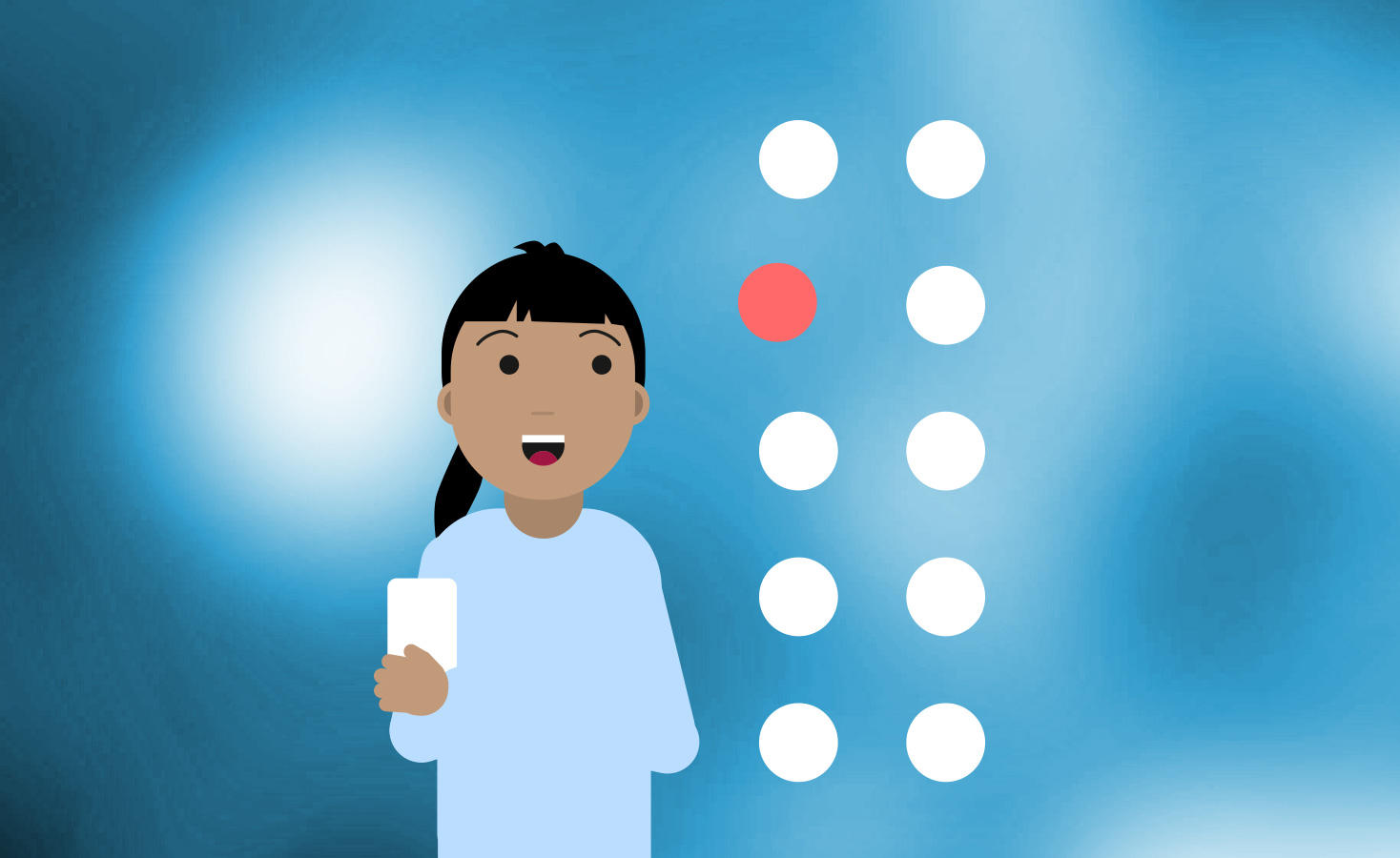Psychology is a huge field with a wide variety of philosophies, methodologies and research. The core idea of psychological therapy is to improve people’s well being.
In recent years, training software started replacing some traditional training methods. For example, driving theory is now widely taught using apps specialising in teaching and using repeated training.
The basic mechanism with which we learn hasn’t changed. It’s just made easier. Instead of carrying around books, we can use our smartphone. Instead of enrolling to classes, we can do it in our free time or while waiting for the doctor.
For training apps to work, they need 3 factors:
- Learning
People who use the app need to learn something new, be reminded of something they once knew, or understand concepts they vaguely know and would like to understand better. - Training
Users need to repeat training until they improve. While being sometimes fun, training can become tiring, but it is the main pillar on which the learning can thrive. - Feedback
It’s hard to improve if we don’t get any feedback on how well we’re doing. Evaluation can be based on grades, sometimes all we need is just a smile, but feedback is the connector that closes the loop of training.
On top of these three, we can also add consolidation. This happens as a passive process – mainly during sleep.
When we started designing the user experience of GG Apps, we took into consideration that people don’t necessarily want to be consumed in an app, nor do they have the time to get too deep into app and game mechanics.
Therefore, we put the focus on minimal effort on the short haul, with benefits that can be reaped immediately, and more in-depth improvement over time. This way, you can use GG Apps just once or twice and still get the idea or learn something new, and with repeated training master the concepts, become more aware, and ultimately respond more positively to real life situations.


